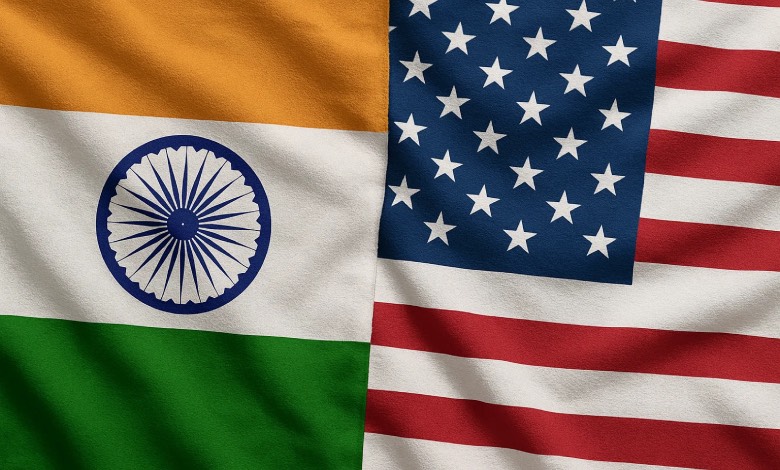
India and the United States have reached a preliminary agreement to launch formal negotiations for a comprehensive trade deal covering 19 crucial sectors, including agriculture, e-commerce, data storage, and critical minerals, Bloomberg reported, citing sources familiar with the development.
The framework, finalised earlier this week, charts a path toward a broader agreement that could help India avoid higher US import tariffs.
Talks will focus on longstanding contentious issues such as easing market access for US agricultural products, revising India’s data localisation policies, and regulating big tech companies in the e-commerce space areas that have historically faced strong political resistance within India.
The announcement comes after US Vice President JD Vance met Prime Minister Narendra Modi in New Delhi on April 21, following an earlier commitment by both leaders to conclude the first phase of a trade deal by fall 2025.
Currently, the US has paused the 26% retaliatory tariff placed on Indian goods during President Donald Trump’s tenure, with a final decision hinging on the progress of ongoing negotiations.
Agriculture is expected to be one of the most challenging areas, as the US is pressing India to ease restrictions on genetically modified crops like soybean and corn key American exports that face strong opposition from Indian farmers and regulators.
Meanwhile, tech giants such as Amazon, Walmart, Google, and Meta are lobbying for reforms that could open up India’s e-commerce and digital markets, challenging the country’s strict retail and data regulations.
Negotiations will also encompass anti-corruption measures, goods origin standards, regulatory frameworks, and rules governing digital services. Both nations aim not just to sidestep punitive tariffs but also to expand bilateral trade from the current $127.6 billion to a projected $500 billion by 2030.
Although specific timelines and details of the first phase remain undisclosed, sources suggest that both sides are committed to crafting a trade pact that balances economic goals with political considerations.




